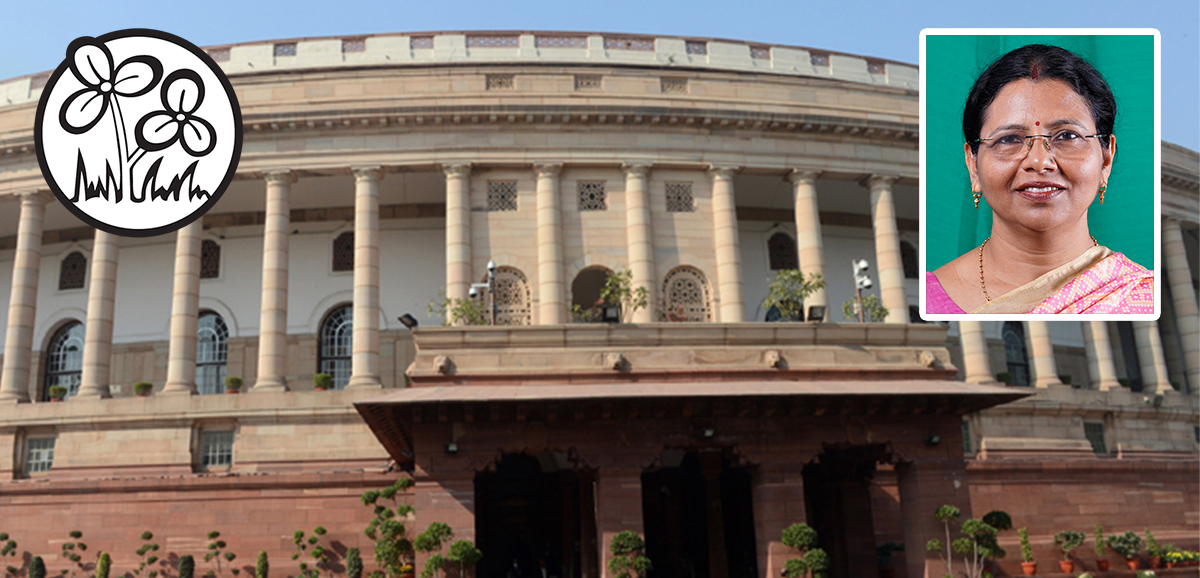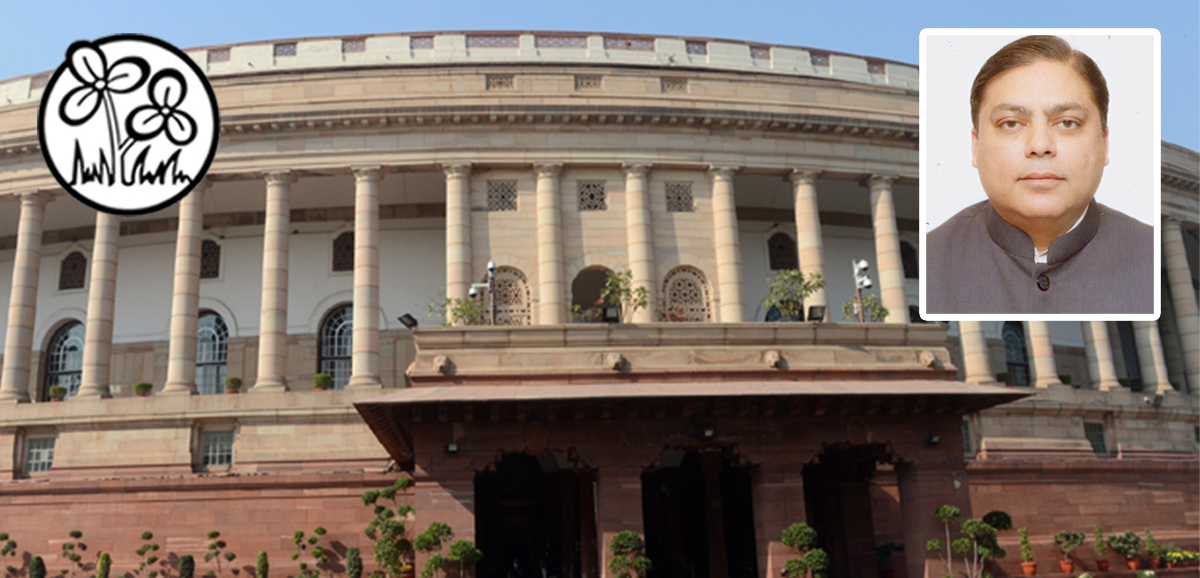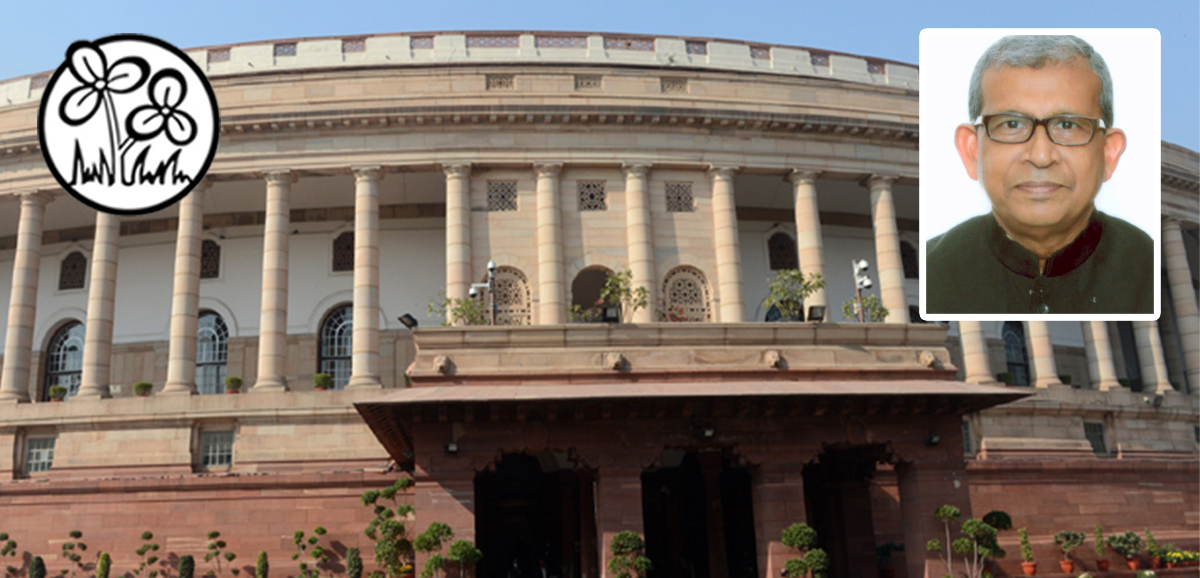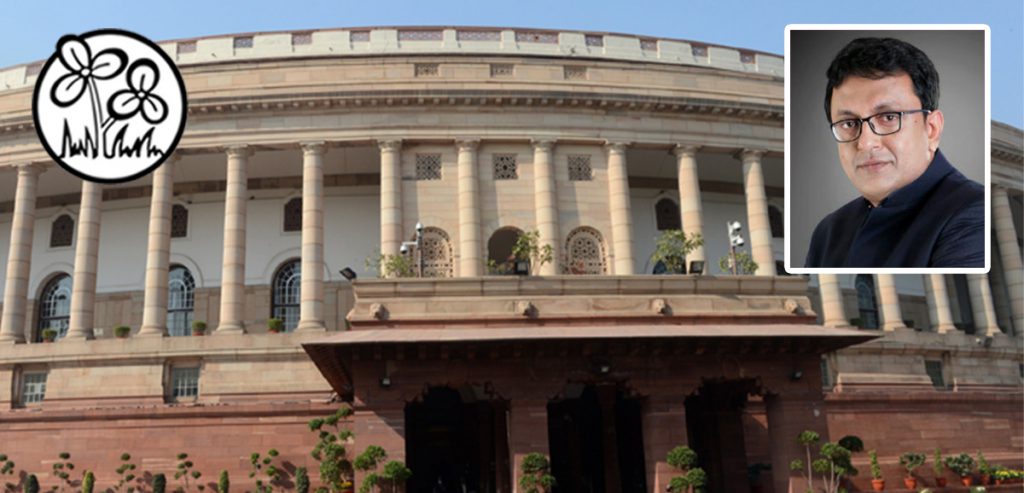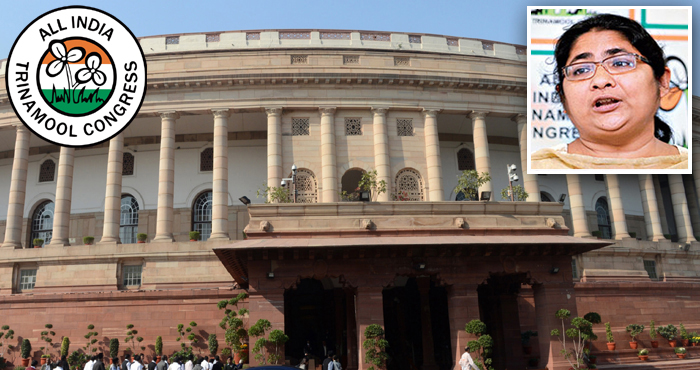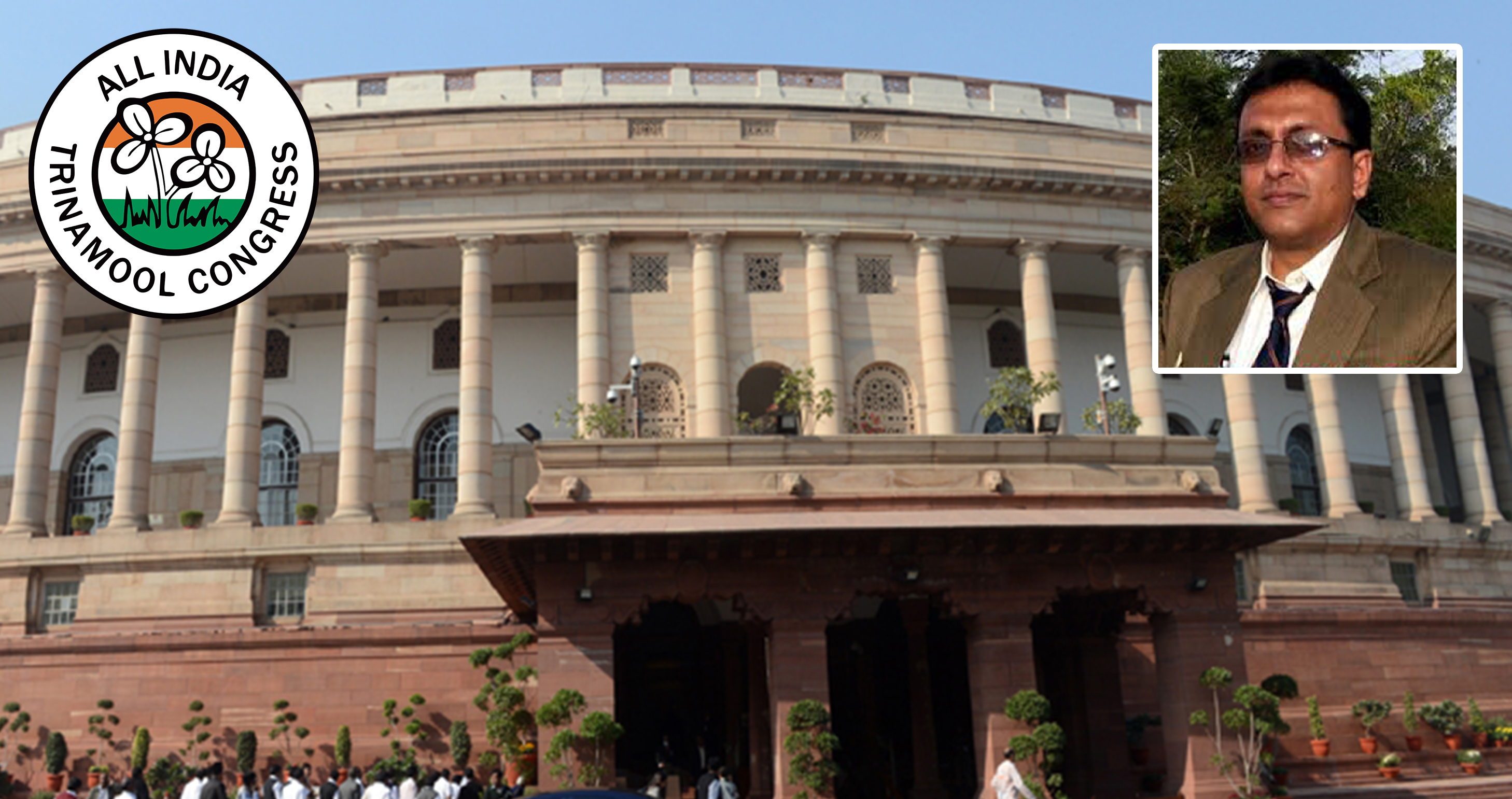FULL TRANSCRIPT
Honourable Deputy Chairman Sir, the Honourable Finance Minister has brought this Insolvency and Bankruptcy Code (Amendment) Bill, 2020. I personally feel it is a compulsive stand of the Government to bring this Bill because the space and time of the Ordinance is lapsing. But I am confused. The Honourable Member was appreciating the Government for the recurrent, repeated Amendments to rectify the stand of the Government. But does it not show the hesitance and haziness of the Government, in knowledge and application, to enable this Bill to enact properly the IBC code?
Sir, I understand that since 2017, three times Ordinance have been brought and four times, Amendments to rectify this Act. Does it now show the confused attitude of the Government, lack of knowledge, lack of proper interpretation and lack of proper implementation on this subject?
Sir, the Honourable Member rightly raised the case of MSME. The sector will die if the businesses are not protected, considering MSME is the pillar of the economic structure of our country, as industrial production is going down, down, down. Agriculture is in the doldrums. Mining and manufacturing are facing a serious, critical situation. When the entire country and economy is reeling under crisis, this IBC Bill, reflective of the Government’s compulsive attitude, was again brought to this august House.
So the question of goods and service, for the survival of the MSMEs, should be the Clause 5 and should be examined with proper attention by the Honourable Finance Minister. At the same time, in the case of real estate, which is Clause 3, the aggregation of home buyers should be looked into. How can home buyers be aggregated, as then they will have to run from pillar to post? Individual buyers have to be called to please come so that their association can be formed, and there has to be a minimum of 100 buyers for proceeding for resolution. How can it be so? Is it not the responsibility of the Government to protect the home buyers from the attitude and stand taken by the realtors? So the attitude of the Government is a central point and it is confusing as to whether it is interested in protecting the buyers or the realtors or both of them. We are not clear.
Sir, so many cases are filed with the NCLT. Till date, 10,860 cases are pending. There is no attempt to open more NCLTs in the country, as a result of which the pendency of the cases is increasing and resolutions are not being properly done. The people who have gone to the appellate authority are not getting justice.
In such a situation, I feel that this Bill is about the compulsive attitude of the Government. It is in a hazy state of mind when the economy is in a critical situation and when we are talking about coronavirus, pandemic situation, World Health Organisation advisory, the Government of India advisory. The Finance Department, in my opinion, has been totally engulfed by the financial coronavirus.



